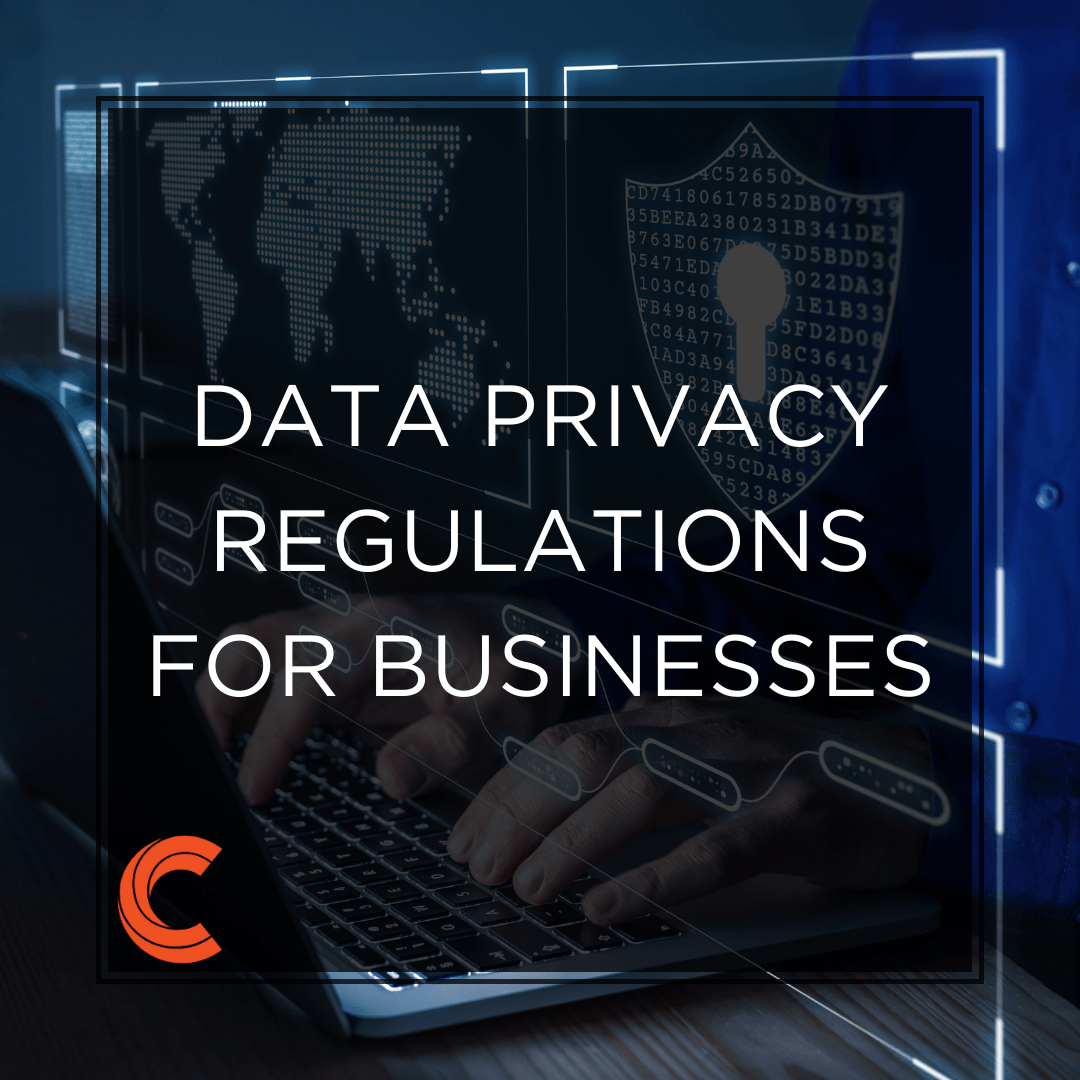The digital landscape is constantly evolving, and with it, data privacy regulations. Consumers are increasingly aware of their data rights and demand greater control over how businesses collect and use their personal information. To stay compliant and avoid hefty fines, businesses must keep up with the ever-changing regulatory landscape.
This blog post focuses on recent and upcoming data privacy regulations that businesses should be aware of, alongside practical steps to ensure compliance.
The Evolving Regulatory Landscape
While established regulations like the General Data Protection Regulation (GDPR) in Europe set a strong foundation for data privacy, new regulations are emerging globally. Here are some key trends:
- Focus on Consumer Rights: New regulations prioritize consumer rights, granting individuals more control over their data. This includes the right to access, rectify, erase, and restrict the processing of their personal information.
- Expanded Scope: New regulations often apply to a broader range of businesses, including smaller companies and those operating online.
- Increased Enforcement: Regulatory bodies are taking a stricter stance on data breaches and non-compliance, with significant fines and penalties for violations.
New and Upcoming Regulations to Watch
Here’s a closer look at some recent and upcoming data privacy regulations that businesses should be aware of:
- California Privacy Rights Act (CPRA): This California law expands on the existing California Consumer Privacy Act (CCPA) by granting consumers additional rights, such as the right to data portability and restricting businesses’ sharing of personal information for certain purposes. The CPRA took effect on January 1, 2023.
- Colorado Privacy Act (CPA): This law, effective July 1, 2023, grants Colorado residents similar rights to the CCPA and CPRA, including the right to opt-out of the sale of their personal information.
- Virginia Consumer Data Protection Act (VCDPA): Effective on January 1, 2023, the VCDPA grants Virginians rights to access, correct, and delete their data. It also requires businesses to obtain consumers’ consent before processing their personal information for certain purposes.
- Utah Consumer Privacy Act (UCPA): This law, expected to take effect in December 2023, will give Utah residents control over their data, including the right to access, correct, and delete their personal information.
Staying Compliant with New Regulations
While these regulations may seem complex, some key steps can help businesses achieve compliance:
- Know Your Data:
- Identify the personal information you collect, store, and use. Understand where this data comes from and for what purposes it’s used.
- Implement Clear Privacy Policies:
- Develop clear and concise privacy policies that inform consumers about your data collection practices, their rights, and your data security measures.
- Obtain Consent:
- Where required by law, obtain clear and verifiable consent from users before collecting and processing their personal information.
- Enable Consumer Rights:
- Establish mechanisms for users to exercise their data rights, such as access, correction, and deletion requests.
- Implement Strong Data Security:
- Put in place robust security measures to protect personal information from unauthorized access, disclosure, alteration, or destruction.
- Stay Informed:
- Continuously monitor changes in data privacy regulations and update your practices accordingly.
Seeking Legal Help for Data Privacy Compliance
Navigating the complex world of data privacy regulations can be challenging. Partnering with a business law firm like Carbon Law Group can be invaluable. Their experienced data privacy attorneys can help you:
- Understand the impact of new and existing data privacy regulations on your business.
- Develop a comprehensive data privacy compliance program.
- Draft and implement clear and compliant privacy policies.
- Advise on data security best practices.
- Respond to data breach incidents and consumer requests.
Conclusion
Data privacy regulations are constantly evolving, and businesses have a responsibility to ensure compliance. By understanding new regulations, implementing best practices, and seeking legal advice when needed, businesses can protect consumer data, build trust, and avoid legal ramifications. With this approach, businesses can navigate the dynamic data privacy landscape and build a foundation for responsible data collection.





